
As dissidents move online, governments fight back
Social media and cyber dissidents have exerted a increasing influence on global politics over the last few years—Twitter, for instance, was widely utilized by protesters and journalists during Iran’s 2009 post-election Green Movement, and China has been locked in conflict with Google over allegations of censorship and hacking. “Ideas in Action” with Jim Glassman, a half-hour weekly show on…
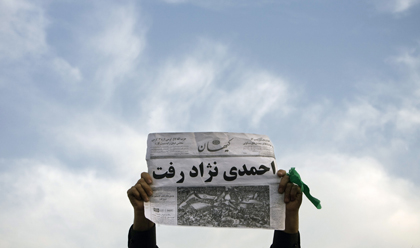
Living in limbo: The ongoing wait of journalists in exile
The e-mails started on July 15, 2009, and have continued ever since—pleas for help from Iranian journalists who fled their country often with little money and scarce provisions to northern Iraq, Turkey, Afghanistan, India, and a host of other locales around the world. Many lived in hiding throughout Iran for weeks or months before crossing perilous borders…
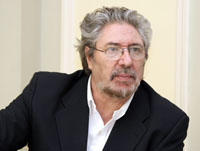
European Human Rights Court takes on press freedom
The European Court of Human Rights issued a historic sentence on June 1, when it ruled that Spain’s sentencing in a case between the now-deceased Moroccan king Hassan II and me, formerly the editor of the Madrid-based newspaper Diario 16, violated the rights of freedom of expression and of the press.
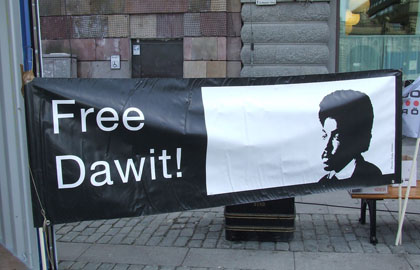
Reluctant activist: A brother’s struggle to free Dawit Isaac
In 2001, Eritrean security forces imprisoned Eritrean-Swedish journalist Dawit Isaac along with nine other journalists without trial in September 2001. The arrests effectively shut down the nation’s fledgling independent press and any potential political dissent prior to scheduled December 2001 elections, which were subsequently cancelled. To this day, Dawit is believed to be held incommunicado…
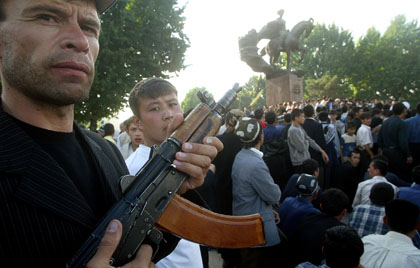
Suppressed media erase memory of Andijan massacre
Five years ago today, Dilorom Abdukadirova, 44, managed to escape the heavy spray of bullets in her native Uzbek city of Andijan. On that day, government troops shot and killed hundreds of civilian protesters on the orders of President Islam Karimov. Leaving behind her husband and four children, Abdukadirova found a refuge in Australia, where…
London neighborhoods increasingly ‘off-limits’ to journalists
Life can be bumpy on Britain’s campaign roads. On May 3, Jerome Taylor, a “home news” reporter with the London daily The Independent went into the Bow borough of East London in order to look into allegations of widespread postal voting fraud. His bloodied nose and face appeared in the next day’s Independent.
At Lantos commission, CPJ details Russian press climate
A bill pending in the Russian parliament would give state security alarming new censorship powers, CPJ’s Nina Ognianova told the Congressional Tom Lantos Human Rights Commission in testimony in Washington today. During a hearing on human rights issues in Russia, Ognianova also voiced concern about continued impunity in journalist murders.
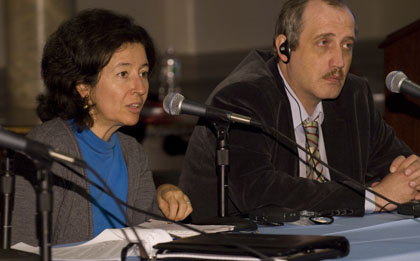
Impunity Summit: Solidarity in fighting journalist murders
Every day at CPJ, we count numbers: 18 journalists killed in Russia since 2000, 32 journalists and media workers slaughtered in the Maguindanao massacre, 88 journalists murdered over the last 10 years in Iraq. But on Tuesday night at CPJ’s Impunity Summit at Columbia University, CPJ Executive Director Joel Simon clarified why we were gathered:…
